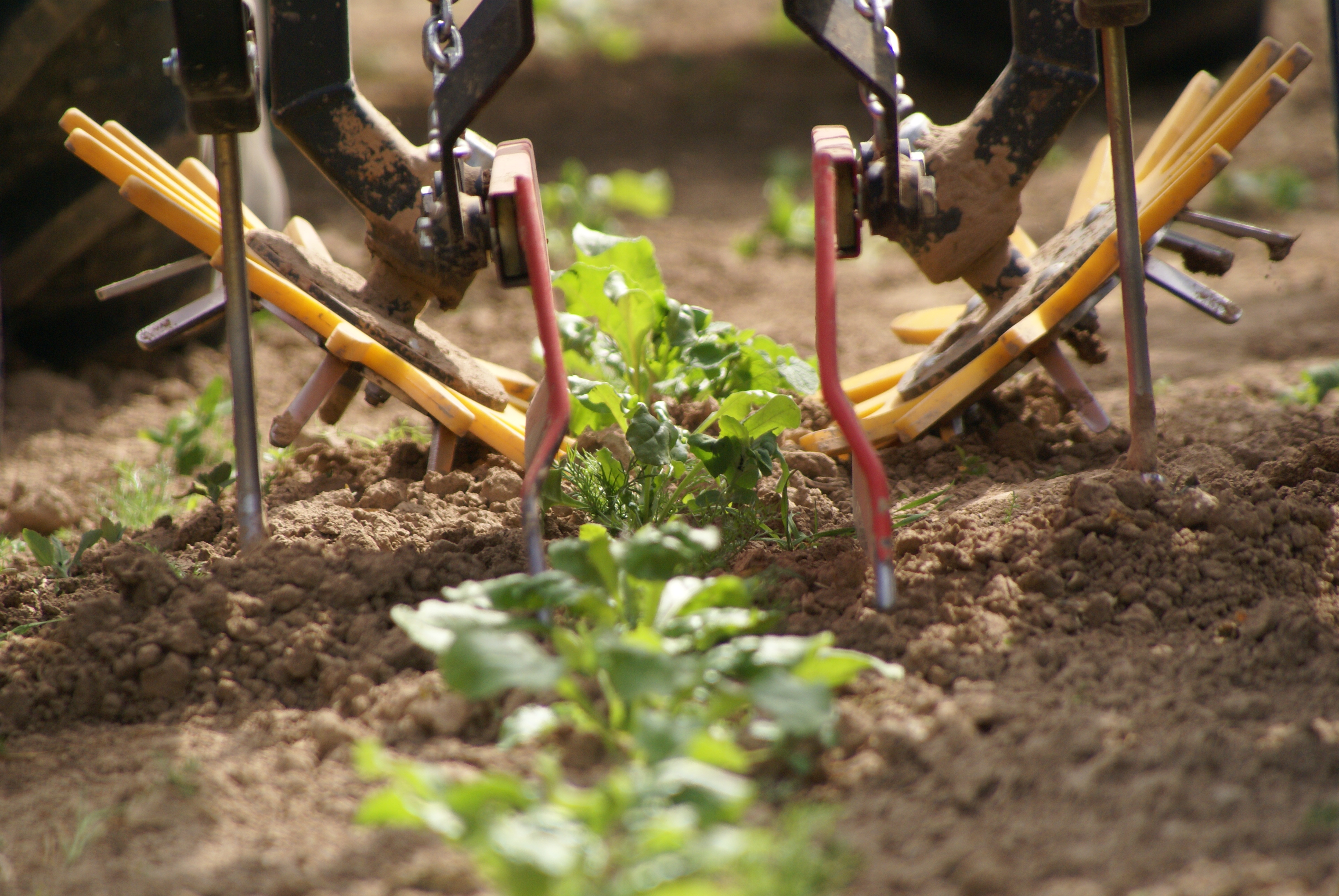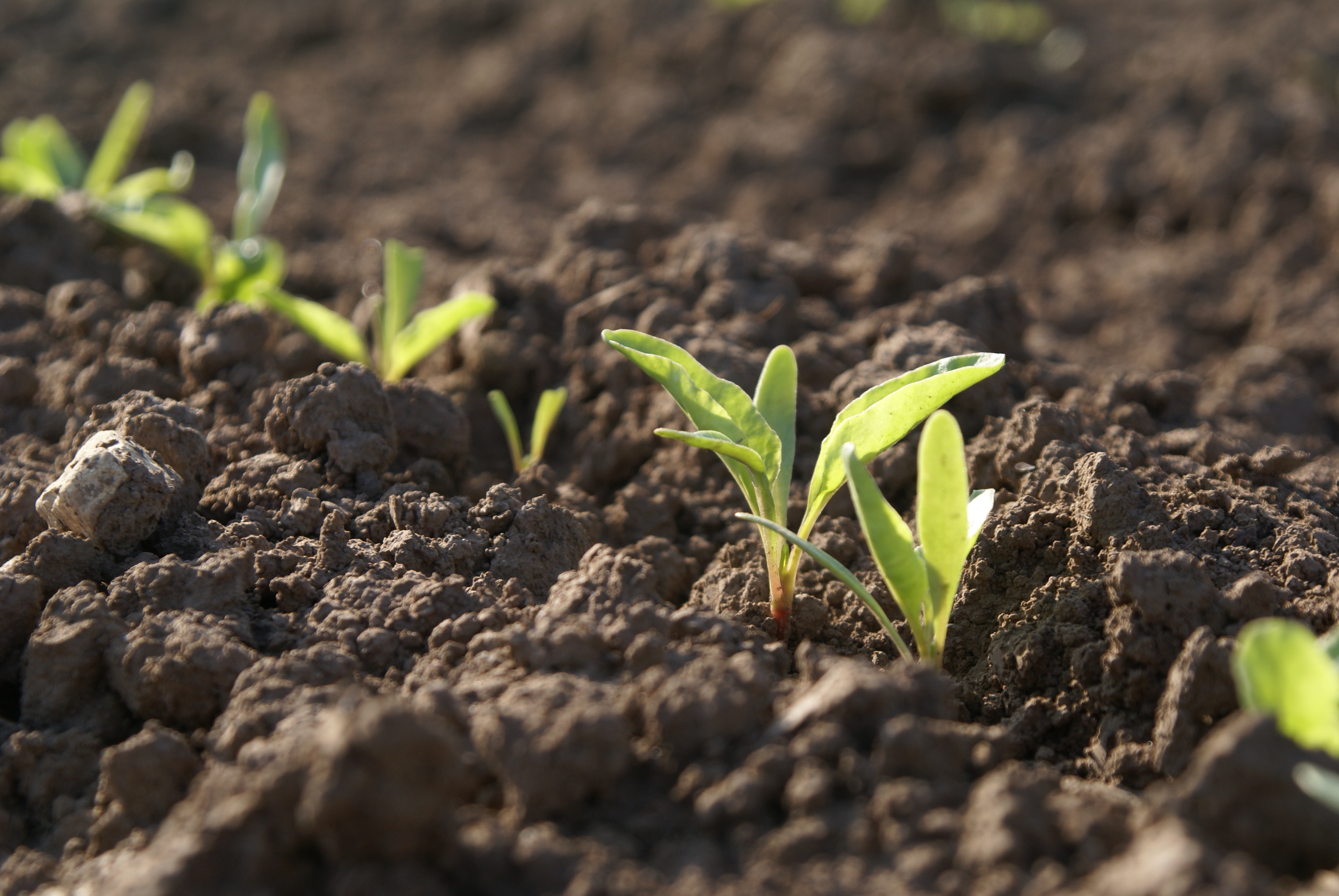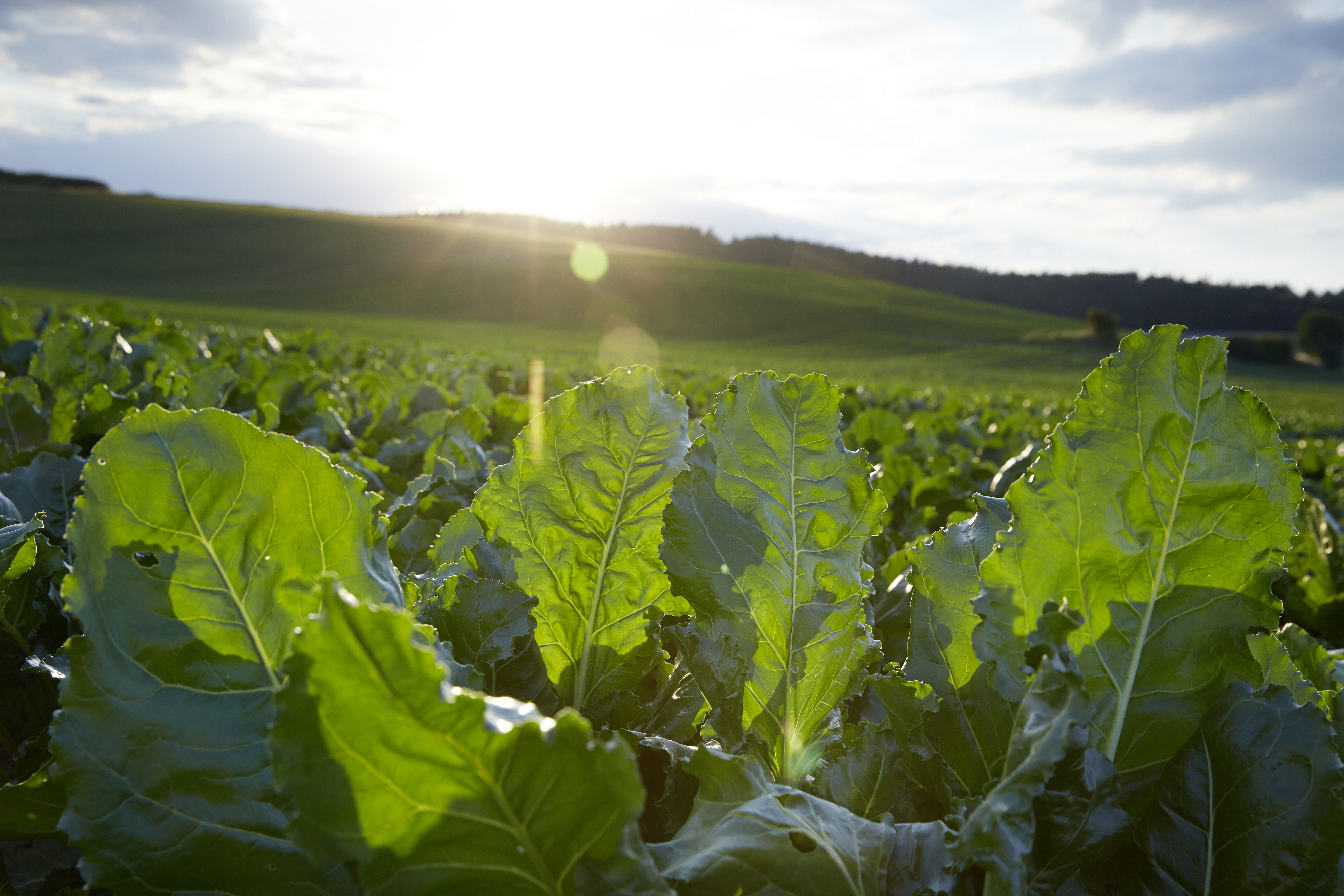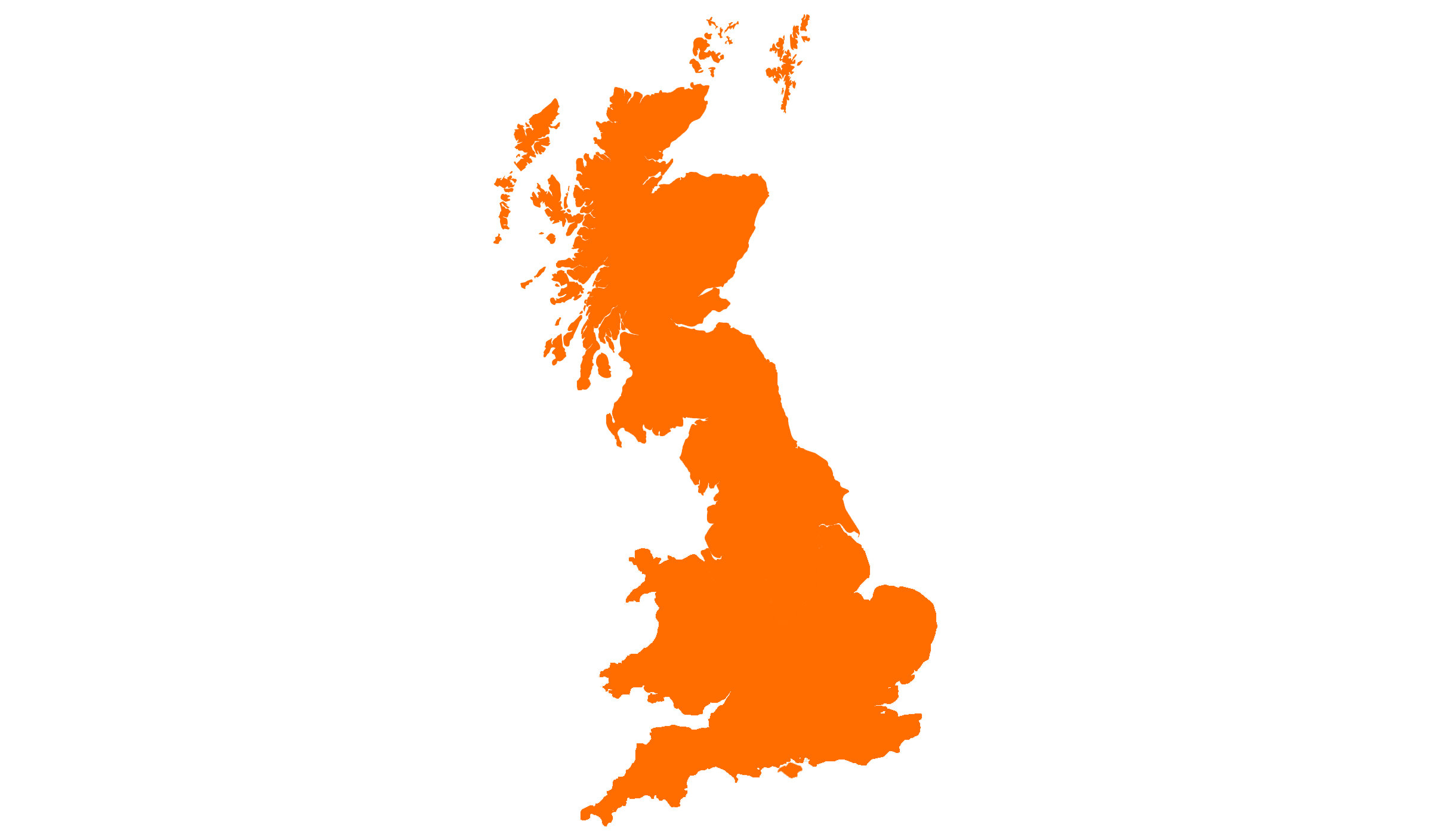Barbara Becker sets world record in sugarbeet harvest
4 questions for Barbara Becker
How does it feel to have broken the world record?
When IANSA called me up to the stage to give me the award, I felt a little uncomfortable. I don’t like being the center of attention. Besides, it would have been impossible to set that record without my team and my family. It’s recognition for our hard work and having done things at the right time and well.
What role do sugarbeet breeders play in your work?
They have a very important place in the sugarbeet production chain. Without continuous genetic improvement regarding yield and resistances against diseases and pests, we wouldn’t be able to increase our harvests year after year.
What do you think will be the three most important challenges that sugarbeet breeders will have to cope with in the future?
Continuing to improve rhizoctonia and sclerotium resistance is one. Plus sugarbeet varie- ties that can tolerate cercospora and nema- todes while still delivering good yields. And since the weather has been changing faster and faster, we also have an urgent need for varieties that can survive extended dry spells.
When do you want to harvest 200 t/ha?
As soon as possible, of course. I’m very opti- mistic that we’ll have a very good harvest. We haven’t decided on a crop area for the season after this one. But I’ll definitely be using KWS varieties again.
Barbara Becker needs sugarbeet breeders to keep their nose to the grindstone if she wants to keep setting records: Unless her sugarbeets are resistant to diseases like rhizoctonia und sclerotium she has little hope of improving or maintaining her sugarbeet yields. KWS‘s optimized sugarbeet varieties help sugarbeet farmers remain profitable even when climate and individual farm conditions are less than ideal.
Profitability – made by breeding
The sugarbeet has stayed competitive and will remain competitive in the future thanks to ongoing work by and investment of sugarbeet breeders like KWS.








